Third-party accessory maker Mophie on Thursday offered some interesting particulars about Apple's MFi initiative as it pertains to the preprietary Lightning connector, saying that the company is going to great lengths to protect its investment in the new I/O protocol. Teardown of Apple's Lightning connector shows authentication chip.
Speaking to The New York Times, Mophie's Vice President of Marketing Ross Howe explained the process third-party manufacturers must go through in order to gain official "MFi" status.
Upon applying for the program, the accessory maker orders a Lightning connector component from Apple which can be used for product design. The supplied connector sports serial numbers and, as first reported by AppleInsider, an embedded authentication chip that can be used tie manufacturers to each component. When an accessory comes in to Apple for testing, the company can quickly reference the serial number or authenticator to see where the Lightning component originated.
“If you took this apart and put it in another product and Apple got a hold of it, they’d be able to see it’s from Mophie’s batch of Lightning connectors,†Howe said.
The strict component control allows Apple to keep a tight grip on aftermarket accessory royalties, as well as maintain a consistent user experience. Howe admitted that the Lightning connector can be reverse engineered, but pointed out that the resulting product would most likely be of lesser quality than Apple-approved devices.
“That’s one thing Apple is good at: controlling the user experience from end to end,†he said. “If you’re buying something in an Apple store, it’s gone through all this rigorous testing.â€
Further, the control measures give Apple the power to issue software updates that would disable the use of unauthorized products.
 Mikey Campbell
Mikey Campbell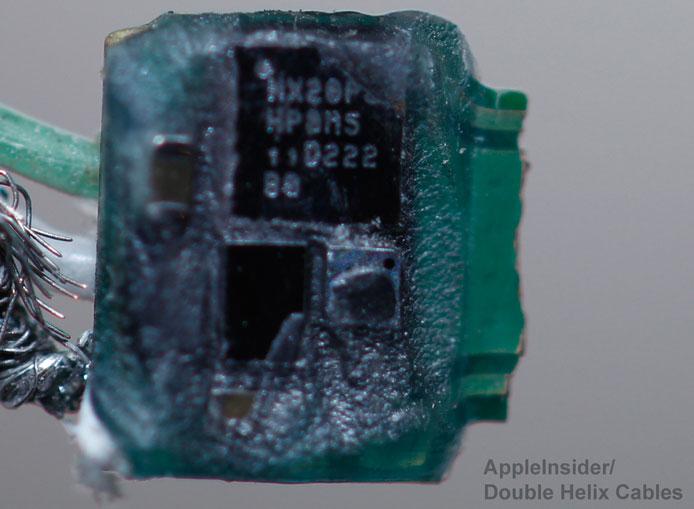
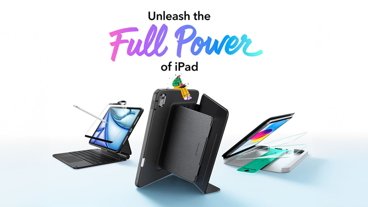
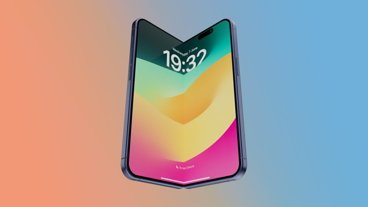
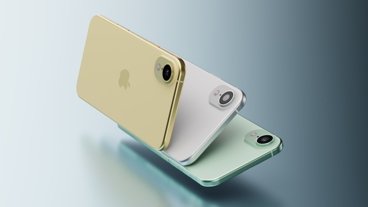
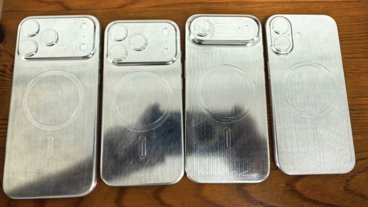



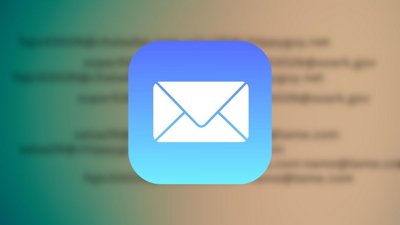
 Marko Zivkovic
Marko Zivkovic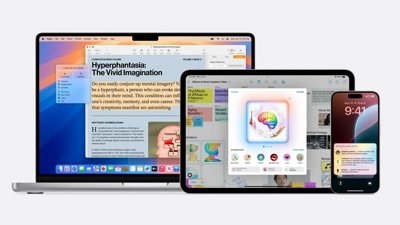
 Malcolm Owen
Malcolm Owen
 Andrew O'Hara
Andrew O'Hara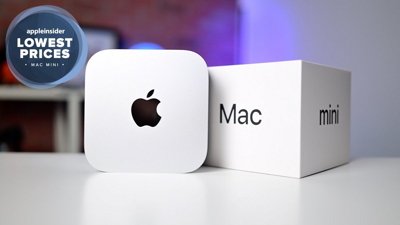
 Christine McKee
Christine McKee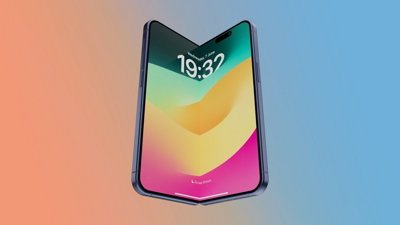

 Amber Neely
Amber Neely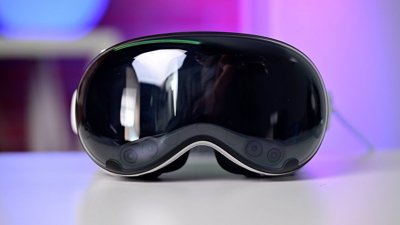
 Andrew Orr
Andrew Orr
 William Gallagher
William Gallagher








34 Comments
[quote name="AppleInsider" url="/t/155987/apples-lightning-connector-guidelines-for-made-for-iphone-ipod-ipad-detailed-by-mophie#post_2278107"] The supplied connector sports serial numbers and, as first reported by AppleInsider, an embedded authentication chip that can be used tie manufacturers to each component. When an accessory comes in to Apple for testing, the company can quickly reference the serial number or authenticator to see where the Lightning component originated.[/quote] That doesn't sound like it's authenticating anything, just identifying the 3rd party vendor. It sounds like it does nothing more than what an unprotected SIM card would do.
I find this to be a bit odd. What possible reason could be there to not want to bring in as many accessory makers as possible from around the world, which would only serve to expand and consolidate an already-impressive ecosystem?
What earthly reason could Apple have, to be so ****-retentive about this?!
Luckily, working conditions can be protected, quality can be assured, AND we can still have cheap, officially licensed cables (Monoprice)!
It sounds like the authentication chip would have a serial number which Apple could disable at any time.
Anan, no one is saying they are restricting whoever wants to be included. Its obvious they are controlling quality, as well as protecting their royalties. Sounds pretty simple to me.